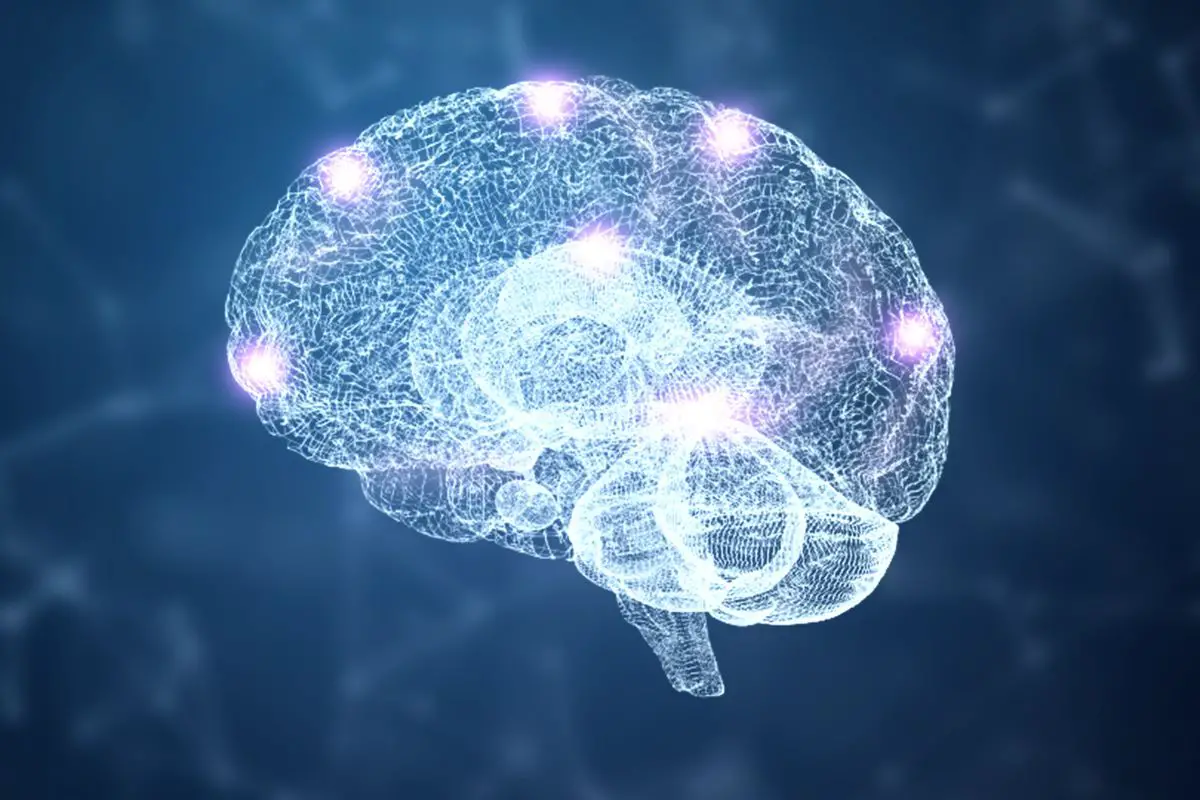If you rely on your morning cup of coffee to get you started for the day, you know how beneficial caffeine is in our systems. It has a stimulating effect that elevates our energy and mood.

Caffeine also has a positive impact on our mental health when taken in moderation. These beneficial compounds slow down aging and keep us from suffering chronic ailments such as Dementia and Alzheimer’s.
However, the main reason caffeine is so effective in our systems is its stimulating properties.
In this article, we will outline some of these effects and give you some advice on the right way to take caffeine in order to benefit from it.
Caffeine’s stimulatory effects on the nervous system and brain
The central nervous system and brain are top among the parts of your body that experience a noticeable lift from coffee’s caffeine content.
This happens because it triggers the production of neurotransmitters such as dopamine in the brain that enhance our mood.
When this happens, you feel alert and ready to take on any task when a few minutes before you were sleepy-eyed and feeling lacklustre.
Caffeine also improves brain functions making us more vigilant and enabling us to process information faster and remember it too. It also increases our response time to stimuli ensuring we respond to commands and perform tasks faster.
Although caffeine has such an energizing and mental boosting effect on our brains and central nervous system, it can also cause health problems.
For instance, it can interfere with your sleep patterns by boosting your alertness excessively. This may result in fatigue or insomnia, depending on how much caffeine you consume.
Therefore, caffeine is only good for our bodies if we take it in moderation.
Otherwise it may have adverse short and long term effects on our physical functions especially surrounding the brain and nervous system.
The Negative effects of caffeine on the brain and nervous system
Some of the problems associated with taking too much caffeine are anxiety, jitters, and migraines.
Experts also say too much caffeine can reduce gray matter in our brains, increasing our risk of suffering from diseases such as Dementia. This especially applies to people who consume more than 6 cups of coffee daily.
Minor side effects of taking excess caffeine start manifesting in the body even 3 days after you consume too much of it.
These effects get serious the more you take too much caffeine causing changes in your brain and nervous system that can last a lifetime.
Therefore, you must keep your caffeine intake to 400 mg a day, which translates to about 3 cups of coffee.
It’s also good to note that the negative effects of excess caffeine intake on the brain and nervous system can occur because of mixing it with beverages such as alcohol or medication.
This could be because too much caffeine in the system hides the body’s negative reactions to these substances. Or because they contain caffeine too, thereby contributing to over – caffeination.
How to manage the effects of caffeine on your brain and nervous system
Now that you know caffeine can harm the brain and nervous system, you should learn how to deal with such effects. How do you do this?
- By avoiding other foods or beverages that contain caffeine to prevent a caffeine overdose. For example, by eliminating the intake of sodas and energy drinks while taking coffee.
- You should also avoid medication and snacks that contain caffeine, such as ibuprofen and chocolate.
- Taking lots of water will reduce the adverse effects of caffeine on your mind and body too. This is because it flushes the caffeine out of your system and rehydrates you.
- Another solution to the dehydrating effects of caffeine on our brains is drinking beverages that replace these lost electrolytes, such as coconut water, watermelon juice, and Gatorade.
- You should also take deep breaths to oxygenate your brain and relax your nervous system. This will reverse the effects of excess caffeine intake, such as anxiety that occur due to drinking too much coffee.
Conclusion
As you can see, caffeine has a fantastic effect on the brain and nervous system. It improves our mental functions and prevents us from suffering brain ailments associated with memory and performance.
However, depending on your reaction to caffeine, you can only enjoy these benefits if you keep your intake to 2 or 3 cups of coffee daily.
Otherwise, exceeding this amount will have a negative effect on your brain and nervous system. And this will ultimately lead to ill health if you don’t lower your caffeine intake.
Also read: